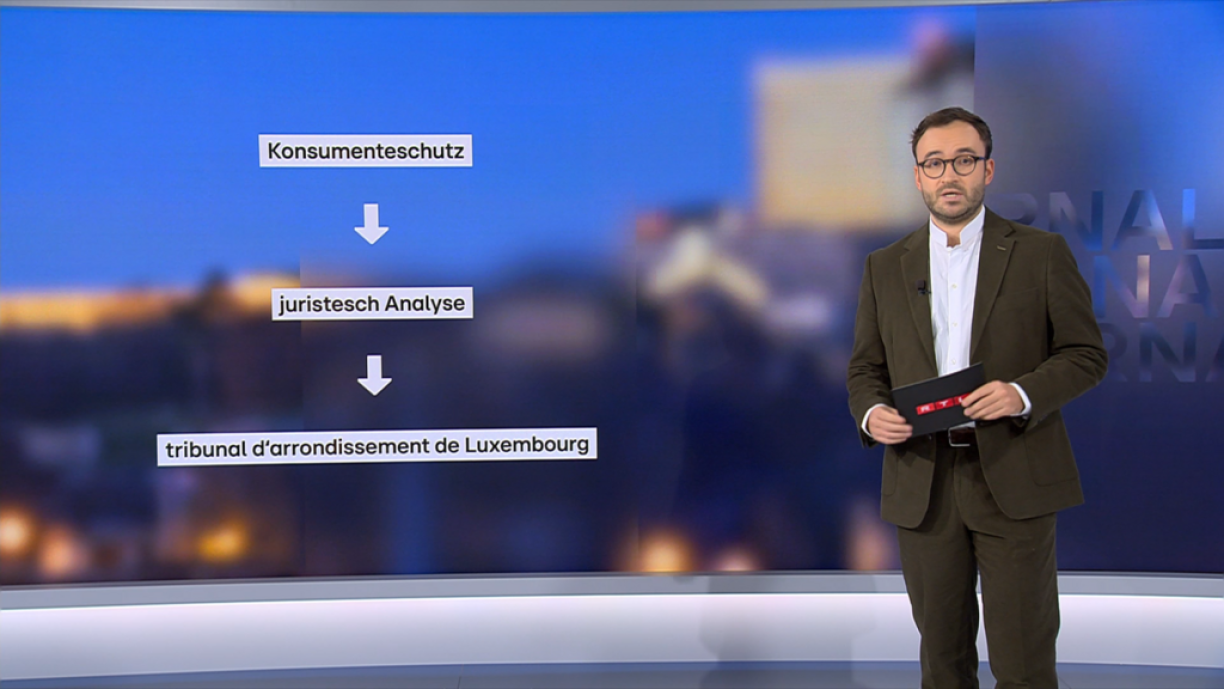
The new rules allow consumers who believe they have been misled or harmed by a company, for instance through faulty products or deceptive services, to file a collective lawsuit. However, private individuals cannot file such cases themselves. The action must be brought by a qualified entity, such as Luxembourg Consumer Association (ULC) or possibly the Luxembourg Regulatory Institute (ILR). These entities can also represent Luxembourgish consumers in similar actions abroad.
The legislative process took years, with former minister Paulette Lenert of the Luxembourg Socialist Workers’ Party (LSAP) signing off major revisions along the way, as the Council of State had raised over 110 objections to the first draft. Although the LSAP supported the final text, it regretted that the law merely implements the 2020 European directive and nothing more.
To initiate a case, several consumers must first report a common problem, for example, a defective product or misleading service. The ULC may identify such issues on its own or after receiving complaints. There is no minimum number of participants, but the more people affected, the stronger the case.
The qualified entity then commissions legal and technical experts at its own expense to determine whether a collective lawsuit is justified. If the District Court of Luxembourg City finds the complaint plausible, it formally admits the case and issues a public notice, allowing other consumers, whether ULC members or not, to join the action free of charge, provided they can supply proof such as receipts or contracts.
The process does not automatically lead to a trial. A six-month mediation phase is mandatory, giving both parties a chance to reach an amicable settlement and avoid court costs. The mediation itself is free, but each side – the consumer body and the company – must cover its own legal and expert fees.
If an agreement is reached, it may include refunds, product replacements, or even vouchers. If the mediation is successful, the deal is then implemented by an appointed liquidator, and additional affected consumers can still register to benefit from the outcome. Only if mediation fails does the case proceed to court.
Legal expert Bob Schmitz, who worked for years on collective action policy at the ULC, told RTL that while the Luxembourg law is not perfect, it has a clear advantage over those in neighbouring countries. Because mediation is a central feature, he said, Luxembourg’s model may actually be more effective than those of Belgium or France. Schmitz also highlighted the possibility of direct dialogue in Luxembourg and called it an advantage.
Now that the law has been adopted, it should soon come into force. However, the National Service of the Mediator of Consumption website has not yet been updated to include information about collective lawsuits, and the government’s promised recourscollectif.lu portal is still offline.
Potential cases range from major scandals, such as Volkswagen’s Dieselgate or the Booking.com price-fixing case, to much smaller issues affecting everyday consumers. Schmitz noted that collective action could also target unsafe or non-compliant goods bought online, particularly from low-cost foreign platforms.
He encouraged residents to report cases, giving the example of online marketplace Temu, adding that they would first open a dialogue with the company and, if that fails, a collective lawsuit would be considered.
While Temu was cited as an example, similar issues could arise with other e-commerce platforms.
The ULC can only test the system’s effectiveness if people come forward with real cases, he said. The law also applies retroactively to incidents occurring after June 2023, but businesses have little reason to fear a flood of lawsuits, as only legally sound cases will be pursued.